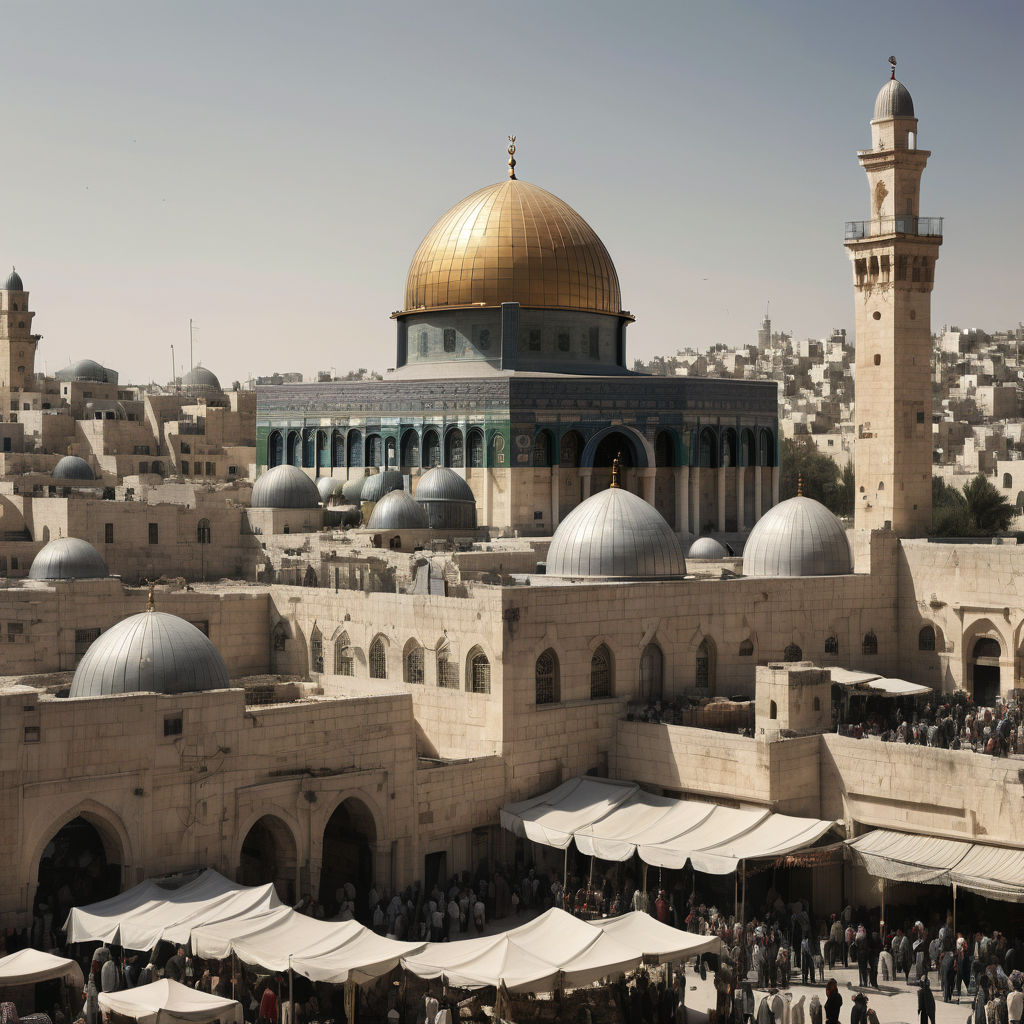Discover Palestine: History, Culture, and Modern Life
Exploring the Rich Heritage and Traditions of Palestine

Introduction to Palestine
Palestine, located in the heart of the Middle East, encompasses the West Bank and Gaza Strip, with East Jerusalem as its proclaimed capital. Bordered by Israel, Jordan, and Egypt, Palestine holds a significant place in history as the crossroads of various civilizations. Major cities include Ramallah, known for its political and economic activities; Hebron, a city with deep historical and religious roots; and Gaza City, the largest city in the Gaza Strip. Palestine’s rich cultural heritage is a tapestry woven from centuries of Arab, Christian, and Ottoman influences, reflecting a profound history and vibrant traditions.
Cross-national and Cross-cultural Understanding
Palestinians generally perceive and engage with other cultures through a lens of openness and curiosity, despite the region’s complex political landscape. The people of Palestine value education and have established numerous cultural exchanges and educational programs to foster cross-cultural understanding. Initiatives like the Palestine International Institute and partnerships with international universities promote cultural and academic exchanges, enabling Palestinians to engage with diverse global perspectives. International organizations, such as UNESCO, have also played a pivotal role in supporting cultural preservation and exchange programs in Palestine. These efforts help to highlight the rich Palestinian heritage while fostering a global dialogue on shared cultural values.
Interactions and Social Dynamics
Interactions between Palestinians and foreigners are typically marked by warmth and hospitality. Palestinians are known for their welcoming nature, often inviting visitors to share meals and partake in local customs. Social behaviors emphasize respect and politeness, with an emphasis on building personal connections. When greeting others, a handshake is common, and among friends and family, it is customary to exchange kisses on the cheek. Communication styles in Palestine are generally direct yet considerate, with an emphasis on expressive dialogue. Engaging in conversations about family, local customs, and daily life is a common way to establish rapport. Language plays a crucial role in these interactions; while Arabic is the official language, English is widely spoken, particularly among the younger generation and in urban areas. This multilingualism facilitates smoother interactions and deeper understanding between Palestinians and foreigners.
Views on Dating and Relationships
Dating and relationships with foreigners are approached with a blend of traditional and modern views. While the younger generation is more open to cross-cultural relationships, traditional values still hold significant sway, especially in rural areas. Family approval and involvement are critical in the progression of any serious relationship. Introducing a foreign partner to one’s family is considered a significant step and often requires navigating cultural expectations and traditions. Palestinian society values modesty and respect in relationships, and public displays of affection are generally kept discreet. Cultural expectations may vary between different communities, with urban areas showing more acceptance of modern dating practices compared to rural regions.
Marriage and Family
Marrying foreigners in Palestine involves a blend of cultural and legal considerations. While interfaith and cross-cultural marriages are legally recognized, they often come with unique challenges. Couples must adhere to local customs and traditions, which can include obtaining the approval of family elders and meeting specific religious requirements. Palestinian weddings are grand celebrations that combine traditional and contemporary elements. They often include religious ceremonies, lavish feasts, and vibrant music and dance. Cross-cultural marriages bring a richness of traditions and practices, contributing to the cultural mosaic of Palestinian society. However, these marriages also require a delicate balance of respecting both partners’ cultural backgrounds and traditions.